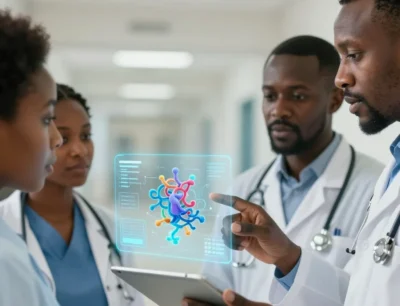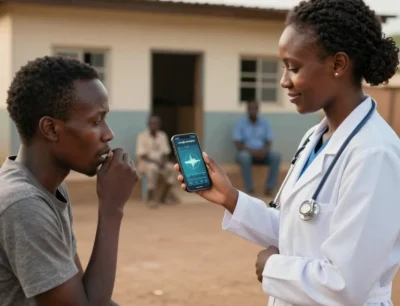Faster, Smarter Drug Discovery: What Generate Biomedicines Means for Healthcare Innovation
Generate Biomedicines’ $400M IPO signals AI-designed medicines are going mainstream—what it means for trials, regula
Notice: Test mode is enabled. While in test mode no live donations are processed.

Generate Biomedicines’ $400M IPO signals AI-designed medicines are going mainstream—what it means for trials, regula

An AIIMS study shows a cough-analyzing smartphone app could flag COPD risk fast—supporting better triage in primary ca

OpenAI and Anthropic just entered the digital-health race. Discover how their AI tools are transforming care, patients,
